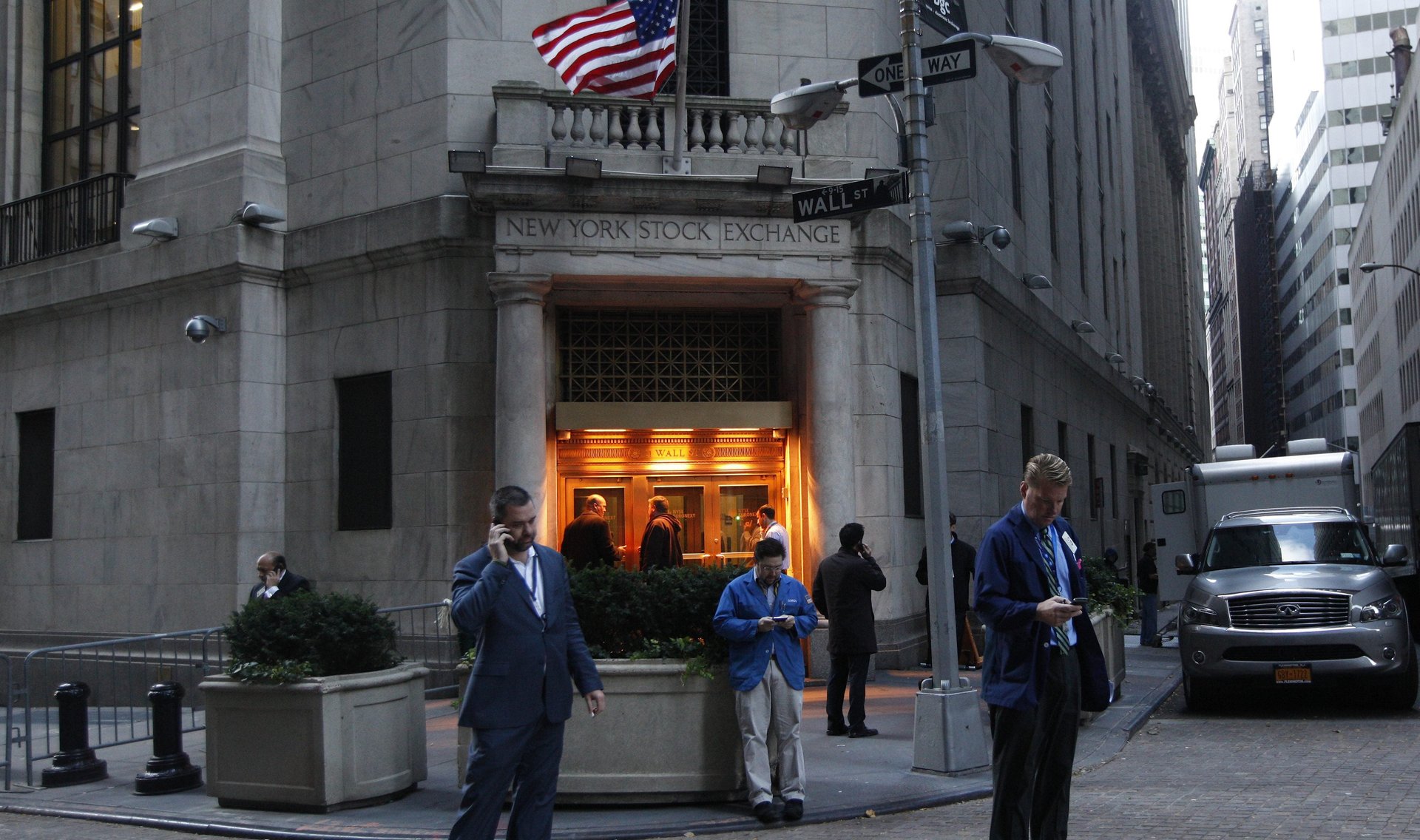Investment banks are paying billions in fines, and that’s a problem for job seekers
Getting a job in investment banking has never been easy. It may get harder as the industry’s big firms face assaults on numerous fronts, from private equity and data and service companies, to new technologies, to their own mismanagement.


Getting a job in investment banking has never been easy. It may get harder as the industry’s big firms face assaults on numerous fronts, from private equity and data and service companies, to new technologies, to their own mismanagement.
According to Boston Consulting Group, while total revenue for capital markets businesses has been growing and will continue to grow, banking’s share of the pie will decline—as has revenue in the investment banking business itself.
Banks have responded by trying to cut costs. Over the last few years, the 35 biggest banks have trimmed their front office and operations expenses by 5%. But their total expenses have climbed 4%, because of a new cost: fines and litigation. Since the financial crisis, the amount banks have paid to settle their misdeeds has soared:
As banks wrestle with their costs, an obvious area to target is the cost of labor, which can be as much as two-thirds of a bank’s expenses. That means automating functions wherever possible, hiving off standardized functions that can be shared within new companies, and being more efficient about hiring and promoting.
Banks are starting to think about the structure of their organizational “pyramid,” said Shubh Saumya, a BCG partner and former banker. “They are asking, ‘Do we need as many managing directors, or we could use directors instead?'” he said.
While Saumya doesn’t anticipate banks dramatically lowering their salaries or bonuses, given their need to compete for talent with other employers, some already are tinkering with their compensation structures. Deutsche Bank said its bonus pool will be smaller this year and its most senior managers wouldn’t receive any bonuses after record losses in 2015. Given the headwinds the industry is facing, Deutsche Bank may be a harbinger of things to come.